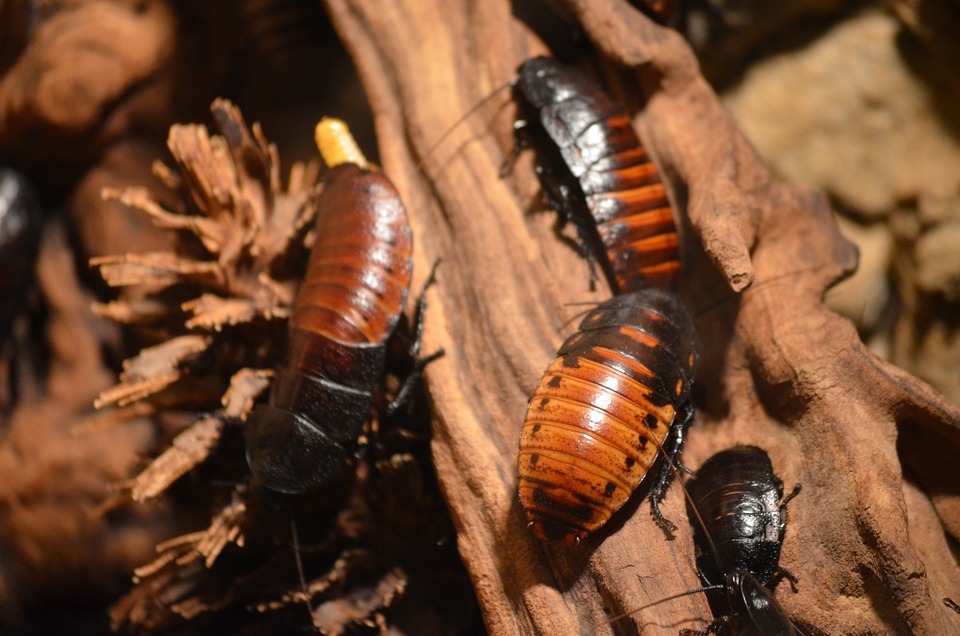There’s a universal aversion to cockroaches that’s almost primal. These resilient pests thrive in our homes, fluttering the hairs on our necks and triggering our deepest fears. The mere thought of cockroaches skittering across the kitchen floor at night can rattle even the most stoic among us. However, the good news is that you don’t have to coexist with these creepy crawlers. With an effective prevention strategy, you can reclaim your home. Welcome to your ultimate guide to cockroach prevention!
Understanding the Enemy
Before you can effectively prevent cockroaches, it’s important to understand what makes them tick. Cockroaches seek warmth, food, and shelter. They thrive in dark, damp areas and are most active at night. Some common species include the German cockroach, American cockroach, and Oriental cockroach, each with distinctive habits that inform their prevention strategies.
The Dangers of Cockroaches
Cockroaches are not just a nuisance; they pose significant health risks. They are known carriers of various diseases and can trigger allergies and asthma attacks, especially in children and those with respiratory sensitivities. In short, sharing your space with cockroaches is not just unpleasant; it can impact your health.
Prevention Starts at Home
1. Seal Entry Points
Cockroaches can squeeze through incredibly small spaces. Inspect your home for cracks and crevices, especially around windows, doors, and pipes. Use caulk to seal these openings and prevent unwanted guests from entering.
2. Keep It Clean
The kitchen is often the primary target for cockroaches due to food particles and spills.
- Clean Regularly: Wipe down surfaces, sweep floors, and empty trash bins regularly.
- Store Food Properly: Use airtight containers for grains, cereals, and pet food. Avoid leaving food out overnight.
- Dishes: Don’t leave dirty dishes in the sink. Wash them right away to reduce attractants.
3. Control Moisture
Cockroaches love moisture, so it’s essential to eliminate sources of water in your home.
- Fix Leaks: Repair any plumbing leaks and drips immediately.
- Dry Areas: Use dehumidifiers in basements or damp areas. Ensure that bathrooms are well ventilated.
- Regular Checks: Regularly inspect areas under sinks and behind appliances.
4. Declutter Your Space
Cockroaches enjoy hiding in cluttered areas. Reducing clutter not only makes your home less inviting to pests but also makes it easier to spot and eliminate potential infestations early.
- Organize: Keep boxes and bags off the floor. Store infrequently used items in sealed containers.
- Remove Cardboard: Cockroaches are attracted to cardboard. Use plastic bins instead.
5. Landscape Wisely
If you have a garden, your landscaping can impact your home’s pest control.
- Trim Vegetation: Keep bushes and trees trimmed away from the exterior of your house.
- Maintain Soil: Avoid using excessive mulch, which can harbor cockroaches.
Natural Remedies for Cockroach Prevention
If you prefer a more natural approach, several remedies can help deter cockroaches.
- Essential Oils: Oils like peppermint, tea tree, and eucalyptus can be mixed with water and sprayed in areas where cockroaches tend to gather.
- Diatomaceous Earth: This natural powder can be sprinkled in cracks and crevices. It’s safe for humans and pets but deadly for cockroaches.
- Boric Acid: A minimal amount of boric acid can be used in bait traps, attracting and dehydrating cockroaches.
When to Call the Professionals
If you’ve implemented these prevention measures and are still witnessing infestations, it may be time to call in the experts. Pest control professionals have access to more powerful treatments and can provide advice tailored to your specific situation.
Conclusion
Cockroaches don’t have to be a part of your life. By taking proactive measures and remaining vigilant, you can create an environment that is inhospitable to these unwanted intruders. Regular maintenance and cleanliness are your best allies in the fight against these creepy crawlers. With determination, you can reclaim your home and ensure it remains a sanctuary instead of a breeding ground for pests. Creepy crawlers, be gone!
